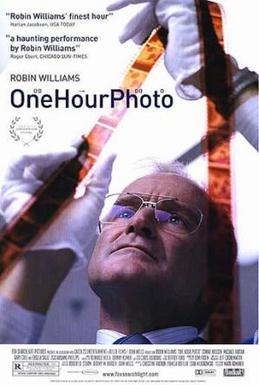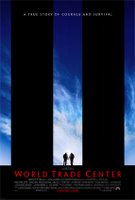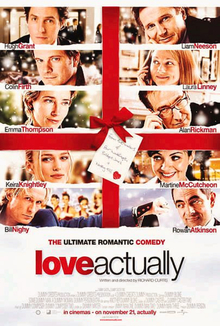 From the first second Robin Williams came on the screen, I instantly felt very uncomfortable. He’s one of those actors who has the power to make you feel a certain thing with his very presence. He first entered the American consciousness in the role of Mork on Mork & Mindy, the kind-hearted and silly alien. Since then, his roles were largely relegated to the silly, with some rather notable deviations. Dead Poets Society and Jakob the Liar were very serious roles, while Good Morning Vietnam, Mrs. Doubtfire, and Toys were high on the silliness scale. In 2002, he did his trifecta of frowning, with Death to Smoochy, Insomnia, and One Hour Photo all coming out that year. Nearly everyone who has attempted to conduct an interview with him has failed miserably because he made them laugh too hard with his antics, and they always forget what questions they want to ask him. But which is better, the wild, anything-goes funnyman, or the stern, serious artist? It’s a tough call.
From the first second Robin Williams came on the screen, I instantly felt very uncomfortable. He’s one of those actors who has the power to make you feel a certain thing with his very presence. He first entered the American consciousness in the role of Mork on Mork & Mindy, the kind-hearted and silly alien. Since then, his roles were largely relegated to the silly, with some rather notable deviations. Dead Poets Society and Jakob the Liar were very serious roles, while Good Morning Vietnam, Mrs. Doubtfire, and Toys were high on the silliness scale. In 2002, he did his trifecta of frowning, with Death to Smoochy, Insomnia, and One Hour Photo all coming out that year. Nearly everyone who has attempted to conduct an interview with him has failed miserably because he made them laugh too hard with his antics, and they always forget what questions they want to ask him. But which is better, the wild, anything-goes funnyman, or the stern, serious artist? It’s a tough call.One Hour Photo, directed by Mark Romanek, is incredibly creepy and unsettling through atmosphere and tone rather than visual acrobatics. Romanek has the ability to take a perfectly normal setting and make it into what he wants. Though this is his first feature film, he’s had tons of practice, since he’s been cutting his teeth on music videos since the early 90s. It has served him well, because this movie has a definite sense of style, a signature mark distinctive from other films. Usually, it takes directors at least three films to really develop that. Romanek feels like a veteran, and in a way, he is.
It’s odd that this movie is classified as horror, because it differs from pretty much every other movie of that genre. There are no jump scenes, no special effects (except in a very short scene), and no scary monsters, human or otherwise. Even Sy, Williams’ character, isn’t a monster but a sympathetic man with many problems. The actions he takes in the movie are bad, and only get worse as the movie progresses, but they never seem to have evil intent behind them. He does bad things for not necessarily good reasons, but at least understandable ones.
One thing this movie does share in common with other horror movies is a heavy reliance on music. This is not surprising, since the director directed music videos for 15 years before making this film. Everything about the visual style is very exact, and that goes for the music as well. Sometimes it’s overwhelming, and I think Romanek would have done well to scale it back a bit.
Aside from Williams, who was great, there are no stand-out performances. Connie Nielsen and Michael Vartan play their parts competently as a troubled married couple, and Dylan Smith is sweet but vapid as their son. I’ll admit that in the first minutes of the film I did say “Hey! What’s Peter Benton doing in this movie?” Eriq La Salle of ER fame gives a pretty good performance, but he was basically just Peter Benton as a cop instead of a doctor.
In summation, this was a good movie about an injured man whom, though we don’t like him, we sort of understand. He develops an incredibly unhealthy obsession with a certain family, and it ends up costing both him and the family a lot. What I take away from this movie is that you should be careful where you let you emotions take you, and you should always be aware of your circumstances, and what they could mean to the future. Also, digital photography is the way to go.
Iconic lines:
“And if these pictures have anything important to say to future generations, it's this: I was here. I existed. I was young, I was happy, and someone cared enough about me in this world to take my picture.”
22 Rating: 9
Particle Man








